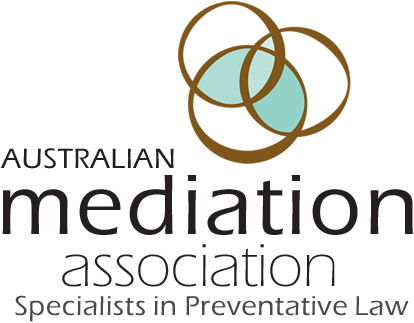What is Alternative Dispute Resolution?
Mediation (or Alternative Dsipute resolution - ADR) is a process by which a neutral third party called a mediator helps people in conflict negotiate a mutually acceptable agreement. The parties to the mediation control the outcome.
A mediator facilitates the communication, promotes understanding, assists the parties to identify their needs and interests. He or she also uses creative problem solving techniques to enable the parties to reach their own agreement.
Unlike court or arbitration, no one imposes a solution on a party. If all of the parties do not agree to the result, the dispute remains unresolved.
Mediation gives parties a far greater level of control over the way their dispute or difference is dealt with and over the outcome. If negotiations have so far failed, mediation provides an alternative to pursuing litigation or other more formal processes.
The scope for solutions is almost always greater than the remedies available in courts and tribunals, or even in prolonged negotiation.
What are the advantages to Mediation?
- Affordable - The costs associated with ADR are considerably less than litigation.
- Efficient - The mediation process can usually settle a dispute within a few sessions. Most mediations conclude or settle within thirty days from initiating the process.
- Effective - This method of dispute resolution statistically settles over 85% of initiated disputes. It's reassuring to know there's an end in sight.
- Informal -The process of Mediation is flexible and informal. It is not necessary to have an attorney represent you during the mediation process. However, some individuals feel more comfortable with attorney representation. It's totally up to each individual case.
- Empowering - Disputing parties are directly engaged in the negotiation of their settlement. Parties also enhance the likelihood of continuing their relationships by utilizing mediation.
- Confidential - Information disclosed during mediation may not be divulged as evidence in any trial or judicial proceeding.


